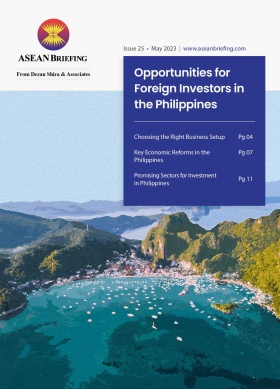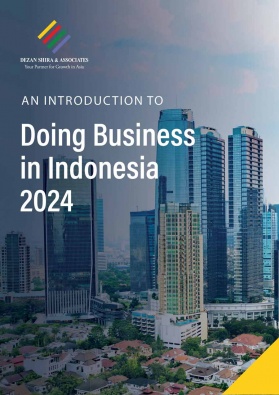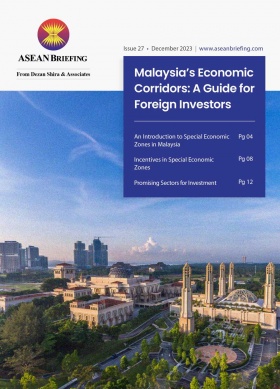Cambodia and Philippines Conclude Double Taxation Avoidance Agreement
Cambodia and the Philippines have concluded nearly five years of negotiations on a double taxation avoidance agreement (DTAA) that will enable the two countries to mitigate the burden of double taxation on businesses and individuals.
Negotiations on the DTAA began in 2018 in Manila which was followed up with another meeting in Siem Reap in 2019. The signing of the new tax agreement is expected to be held in October 2024.
Strengthening political relations
Beyond economic benefits, the DTAA signifies a deepening of political ties between Cambodia and the Philippines. The successful negotiation of such an agreement demonstrates a commitment to cooperation and understanding. It sets a precedent for future collaborations in various sectors, such as education, tourism, and technology.
Anticipated benefits and future steps
While the specific details of the DTAA are not yet available, the agreement is anticipated to adhere to common principles seen in other DTAAs. The final draft is expected to include comprehensive provisions on the taxation of income earned by citizens and residents of both Cambodia and the Philippines.
Typically, such agreements outline the allocation of taxing rights between the two countries, provide mechanisms to resolve tax disputes, and include provisions for the exchange of information to prevent tax evasion. These elements are designed to create a more stable and predictable tax environment, encouraging cross-border economic activities.Impact on micro, small, and medium enterprises
Micro, small, and medium enterprises (MSMEs) form the backbone of both Cambodian and Filipino economies. MSMEs make up some 99.5 percent of businesses in the Philippines and provide 63 percent of the country’s total employment, contributing to 40 percent of GDP. For Cambodia, MSMEs also comprise 99 percent of businesses while contributing to 58 percent of GDP and providing 70 percent of total employment.
The DTAA will particularly benefit these enterprises by simplifying the tax regime. SMEs often lack the resources to navigate complex tax environments, and eliminating double taxation will reduce their administrative burden and costs.
About Us
ASEAN Briefing is produced by Dezan Shira & Associates. The firm assists foreign investors throughout Asia and maintains offices throughout ASEAN, including in Singapore, Hanoi, Ho Chi Minh City, and Da Nang in Vietnam, in addition to Jakarta, in Indonesia. We also have partner firms in Malaysia, the Philippines, and Thailand as well as our practices in China and India. Please contact us at asean@dezshira.com or visit our website at www.dezshira.com.








